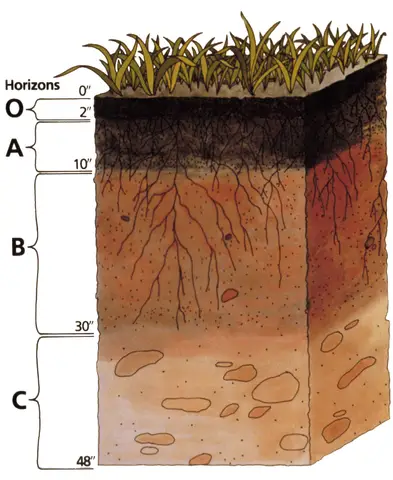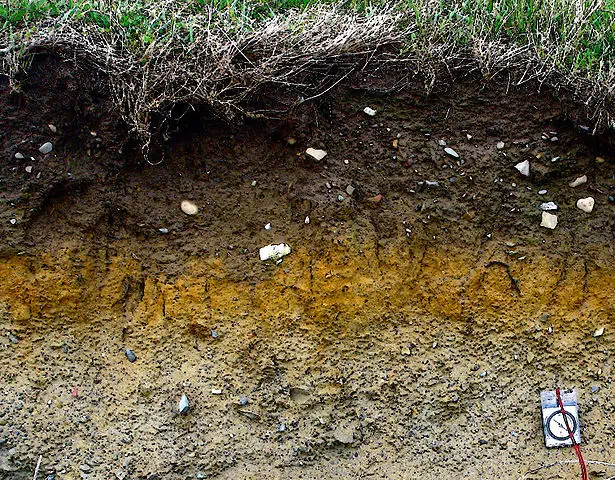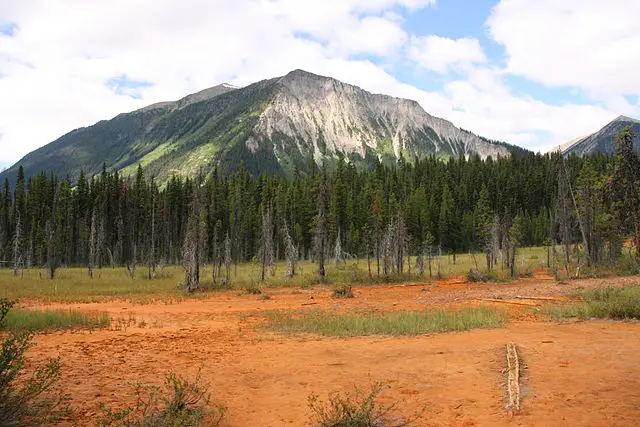As the name implies, soil science has to do with soil. Soil science looks at the formation, properties, and management of soil.
It isn’t limited to just farming; soil science also examines how soil affects human health and the environment.

What exactly is Soil?
Soil is often considered the “skin of the earth,” and is a mixture of different minerals, water, air, organic matter, and organisms.
Soil needs to be able to support life. If you get it on your shoes and track it through the house, then it is no longer soil. That is dirt.
Soil plays 7 roles in almost every ecosystem:
- Soil lets plants grow
- Soil gives off and absorbs different gases
- Soil acts as a home for animals and organisms
- Soil holds and cleans water
- Soil recycles carbon
- Soil supports human construction
- Soil is a living filter for water before it enters underground waterbeds

Soil is made up of 6 layers. As you dig in the ground you come across each of the layers.
The top layer is called humus or organic soil. It is where things like decomposing leaves are found. This layer is not always present in all soils.
The next layer of soil is topsoil. Topsoil is heavy in minerals and makes a good home for plants.
Beneath the topsoil is the zone of eluviation, which is mostly sand and silt.
Beneath the eluviation zone is the subsoil. It is a collection of minerals that were sifted through the upper layers.
The parent material is next. It is the substance that was the original soil.
The bottom layer of soil is bedrock. It is a collection of rock like basalt or limestone.

What do Soil Scientists do?
A soil scientist can work for the government, a school, or private business. They need a good understanding of science and math.
Soil scientists can spend time outside, examining the environment, as well as in an office. A lot of the time soil scientists work with people that have less experience with soil.
Some of the tasks that a soil scientist may perform are:
- Collect and analyze soil samples
- Make recommendations about soil management
- Predict how the environment may respond to certain changes
- Conduct research
Interesting Facts
- There are over 10,000 edible species of plants that all require soil to live
- Soil provides the base for all buildings
- Brick and concrete are products of soil
- Most soil scientists have earned at least a bachelor’s degree from an agricultural university